 Photo: Brit Kwasney
Photo: Brit Kwasney
When world-renowned naturalist Jane Goodall visited Victoria, Canada, in 2022, she had an air of serenity. The octogenarian began to walk onstage in front of a sold-out crowd, leaning on an assistant’s shoulder and using a cane. But then she abruptly hopped across the stage, lithe as can be—no cane necessary. “That was poor 88-year-old Jane Goodall,” she quipped from the mic. The world’s best-known naturalist, now 89, isn’t slowing down for anyone or anything. When I caught up with her via Zoom a few months after her visit to Victoria, she was in Los Angeles, the latest stop in her relentless schedule to spread the message she learnt from observing chimpanzees in their natural habitat decades ago. Even in a sprawling metropolis like L.A., she tries to find little pockets of nature. “If I go to a hotel and there’s one tree, I will sometimes move my bed around so I can just be there and see the tree,” she said. “A little bird comes on the palm tree outside the window. I like it.” That message—that we are part of the animal kingdom and that we all have a part to play in saving our planet—is arguably more important now than ever. You’ve said that hope is a survival skill that enables us to keep going in the face of adversity. Lately it has become almost fashionable to be cynical, to throw up our hands and say “It’s all hopeless.” Why do you think so many people seem to be giving up hope these days? If you just look around the world, you can’t help but lose hope. I mean, you have feelings of helplessness and hopelessness if you look at what’s happening politically, socially, environmentally. You’ve got the war in Ukraine, there’s major loss of biodiversity, we’re still losing forests, and we’ve got industrial agriculture poisoning the land. The picture globally is grim. You can’t look around and not feel sort of despairing. So when people tell me they’ve lost hope, I say, “Stop looking all around the world. Just think about where you are or some project you really care about and roll up your sleeves and do something about that.” Throughout all the things that have happened in your life, have you personally ever lost hope? I don’t know if it was losing hope, but I have felt desperate because things had gone so wrong. Like when four of my students were kidnapped [from Goodall’s Gombe Stream Reserve research station in Tanzania in 1975], and all the funding melted away from Gombe. It looked as though it would have to be closed. I knew that that could not be, so I had to go around with my hat in my hand. At the same time, I was looking for a new executive director for the Jane Goodall Institute in the US. It just seemed hopeless. That was a pretty bad time and we managed to steer through. I don’t think I’ve ever lost hope. I’ve had my back against the wall, but that makes me determined to fight. (Editor’s note: The students were eventually released and the Gombe station remains open.) Can you stay hopeful by turning that sense of anger or desperation around? Yes, into action. Because being angry and depressed isn’t helping anything. One of course feels angry, but you can channel that into making a difference. Looking back on your life, do you have any regrets? Not really. I mean, I’ve made mistakes, but we all make mistakes. I’ve tried to learn from them. I suppose, in a way, I wish my first marriage had lasted, but it couldn’t. That was a shame for my son, particularly. But that’s life. It just wasn’t working, and so it had to end. Apart from that, I don’t think I’ve had major regrets. I mean, I’ve done things that were silly and had to go back and redo them. How have you witnessed biodiversity change during your lifetime? Massively. I just need to think of the house I grew up in [in Bournemouth, England]. My sister and I own it—she lives there with her family, and I go back between trips. I’d say 50 per cent of the birds I knew around that area as a child have gone, due mostly to herbicides and pesticides and the proliferation of roads and traffic. And there are no hedgehogs around there anymore. When I was a child, if you opened the windows at night and the light was on, your room filled with bugs of all sorts. Now I get excited if one moth comes in. The insects have just disappeared. That, of course, is another reason why we’ve lost birds. So just in that one place, I’ve seen the loss of biodiversity. What kind of commitments should world leaders be making to address these problems? I wish they would do more than make pledges. And that somehow we could find a way of having them actually do what they say they’re going to do. So many of the COPs [international conferences held by the United Nations] have made all these wonderful pledges. If you go back to the Paris Agreement [on climate change in 2015], I don’t think any country has lived up to what they promised in the way of emissions. So I don’t know. I mean, one always hopes. I think the main thing that goes on at these COPs is the networking. They bring together groups that are passionate about the same area of conservation. It’s collaboration that we need if we’re going to reverse climate change and loss of biodiversity. Those two go together because climate change is definitely affecting the loss of biodiversity. Do you ever want to slow down a bit and do less? What is keeping you going at this point? Lots of people said to me that it must have been lovely during the height of Covid to be at home and to stop travelling. But I’ve never ever been so exhausted in my entire life because I was doing up to four Zoom calls a day, all around the world. My voice never recovered, it got so overused. It was virtual conferences, virtual lectures, virtual panels, then it was messages. It was stuff for the different Jane Goodall Institutes—27 of them. It was non-stop. I didn’t have one day off. During the pandemic, the number of hits I got on social media went up dramatically, from about a million at the beginning to about one billion now. So it was decided, well, Jane should travel less and do more Zooms and social media, that kind of thing. So what happens? Now I’m doing the travelling and the Zooms as well. But you could slow down. Why do you keep doing all of these things? I think I came to this world with a reason. I have a mission to keep hope alive and to encourage people to take action now. Not just moan and groan, not just talk about what should be done, but actually roll up their sleeves and get to work. I want to help people understand that every day we live, we make some kind of difference, and we can choose what kind of difference we make. If enough people are making ethical choices in how they live, then that’s going to move us toward a much better world. Where do you recommend that people start? I feel one of the major problems we’re facing vis-a-vis climate change and loss of biodiversity is industrial agriculture, and particularly the farming of animals. Billions and billions of animals around the world are in factory farms, and they all need to be fed. Huge areas of land are cleared to grow the food to feed them, and a lot of fossil fuel is used to move the food, to get the grain to the animals, to get the meat to the table. These animals also produce methane, which is a very, very virulent greenhouse gas. All these things are contributing to climate change. [I recommend] moving towards a vegan diet, if possible. Otherwise, please be vegetarian. When you learn how the laying hens are treated, when you learn how the milk cows are treated, you don’t want to eat those eggs or drink that milk. So I just stopped. How long have you been vegan? I won’t say I’m 100 per cent vegan. I was during the pandemic because I was at home and I could choose the food I ate. But when you’re traveling all the time, you cannot be completely vegan unless you take food with you. I went vegetarian when I read Peter Singer’s book Animal Liberation [published in 1975], and I am vegan as much as I can be now. What does a perfectly happy day look like for you? A happy day for me is if I can be out in nature somewhere. A young Jane Goodall at work at the Gombe research station in Tanzania. Photo: JGI/Hugo van Lawick
A young Jane Goodall at work at the Gombe research station in Tanzania. Photo: JGI/Hugo van Lawick Goodall has studied chimpanzees for more than 60 years.. Photo: (Left) Chase Pickering; (right) Apic/Getty Images
Goodall has studied chimpanzees for more than 60 years.. Photo: (Left) Chase Pickering; (right) Apic/Getty Images

 1 year ago
75
1 year ago
75
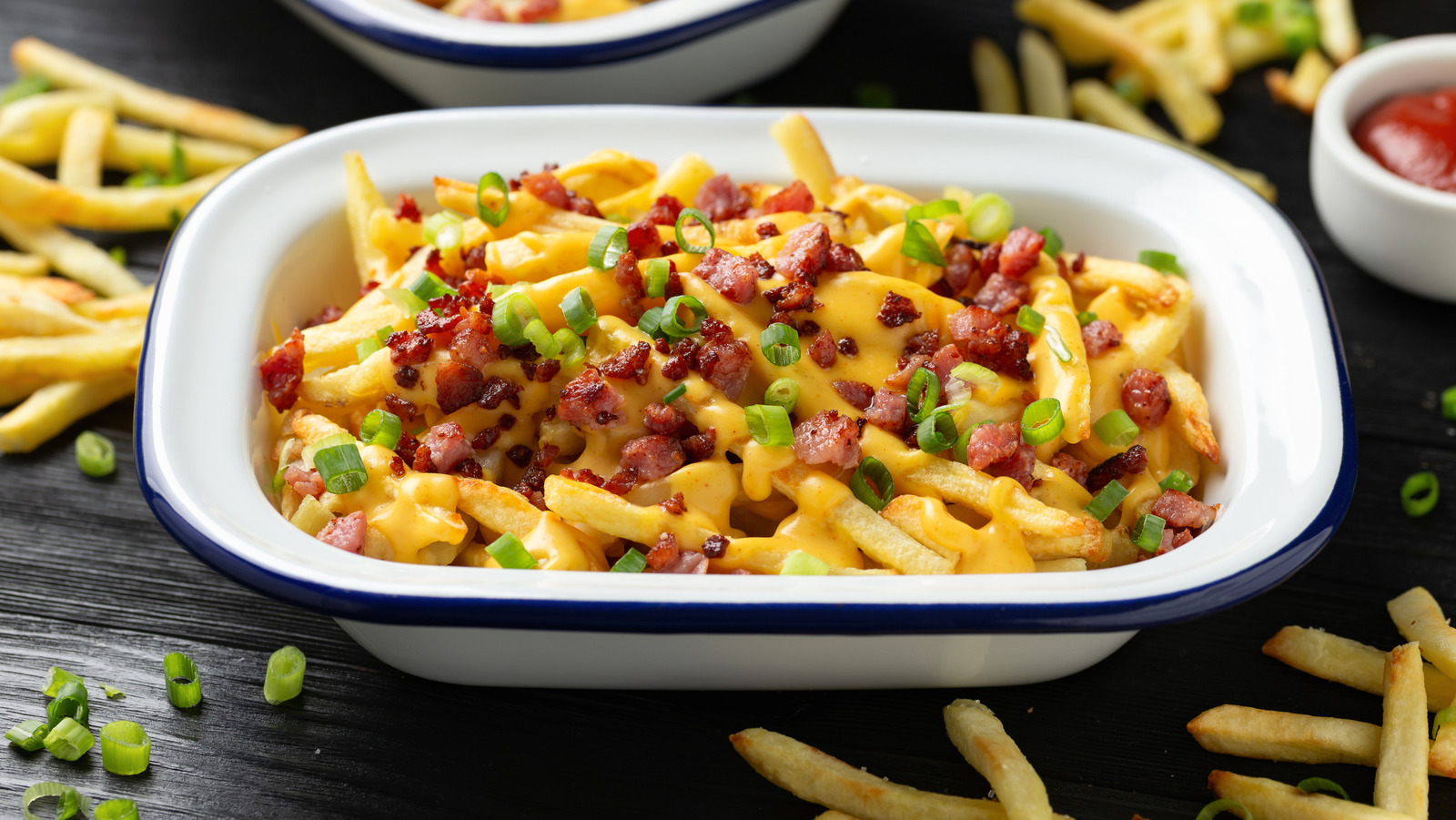

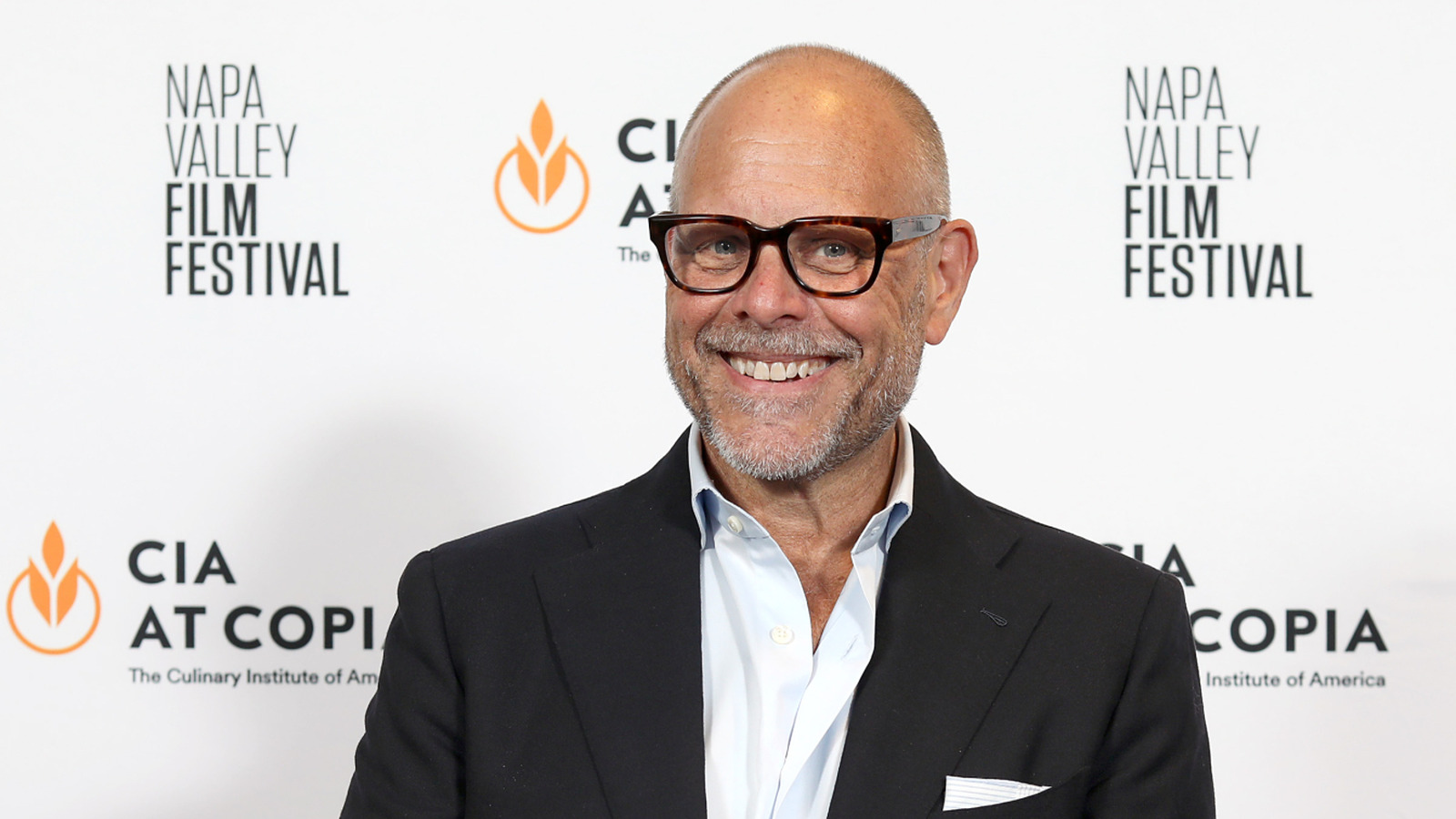
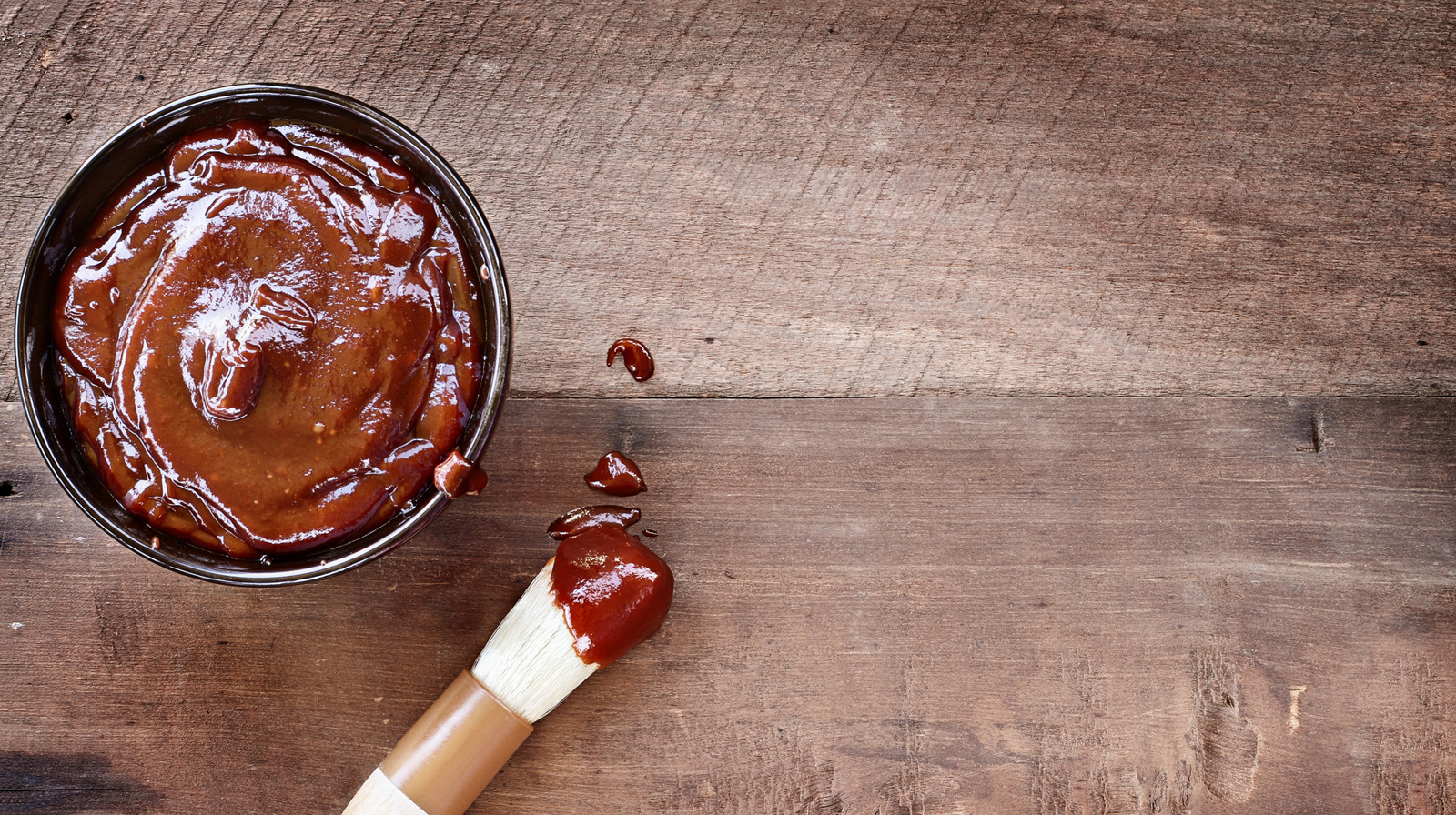
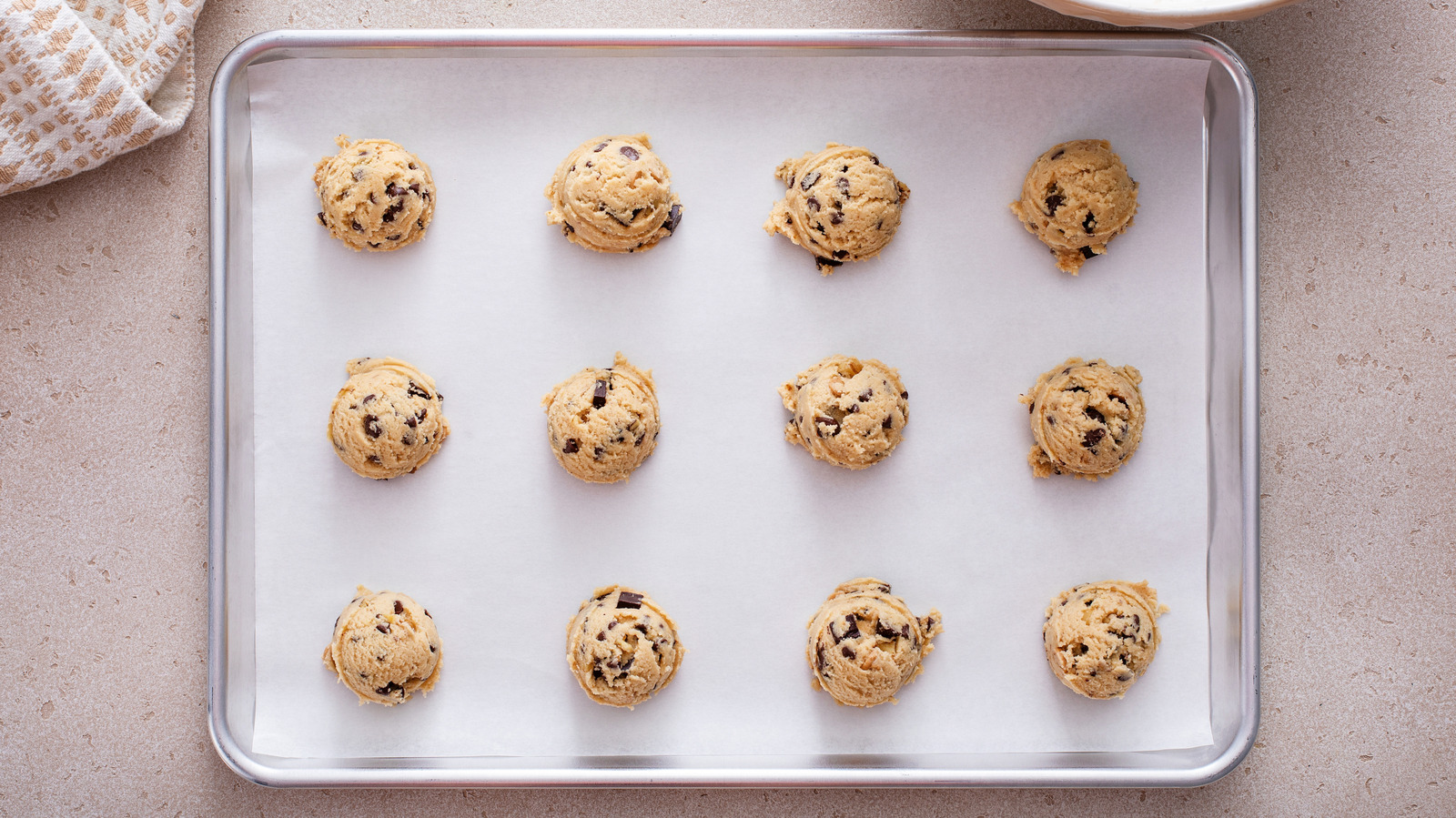
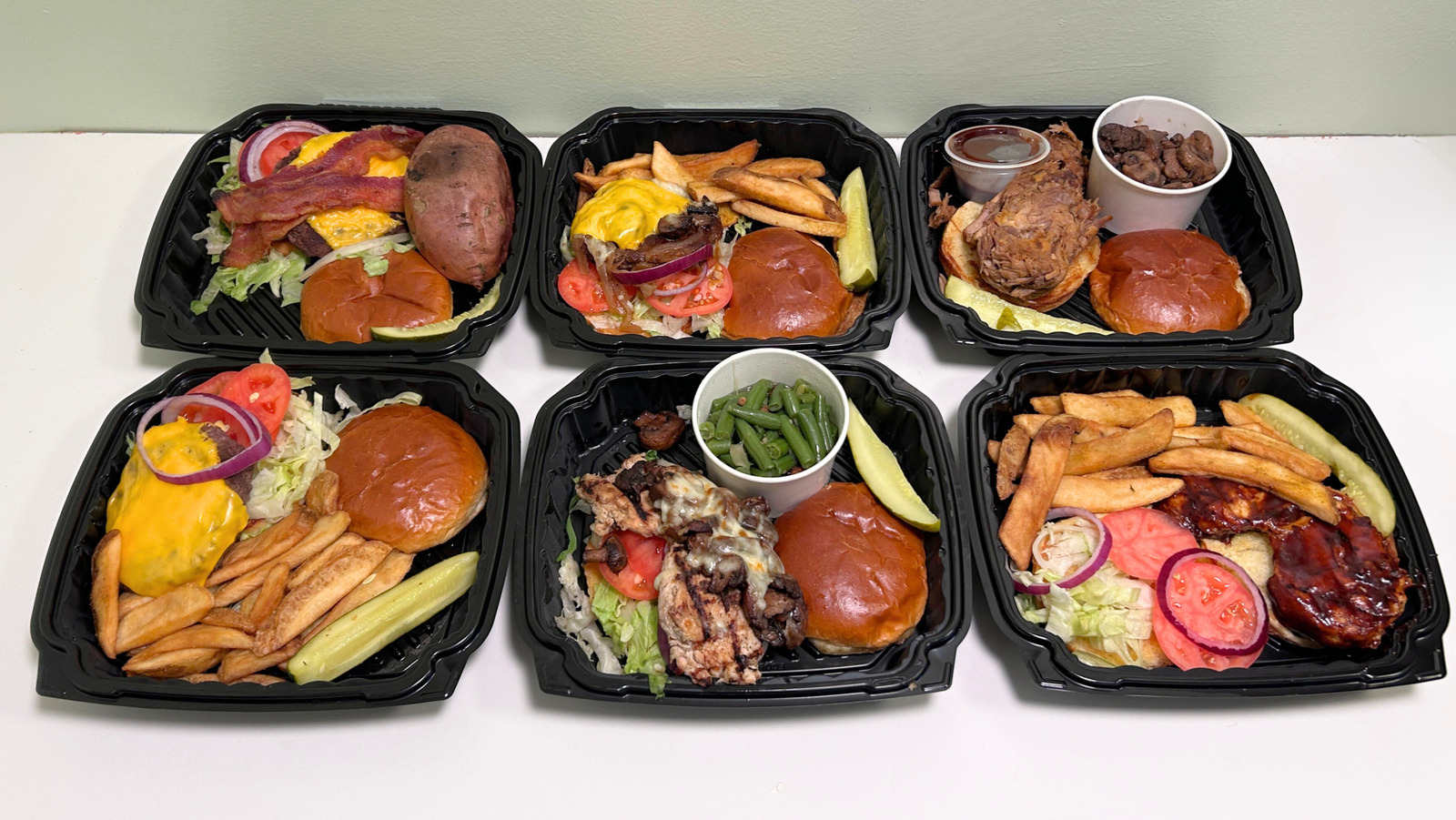





 English (US) ·
English (US) ·